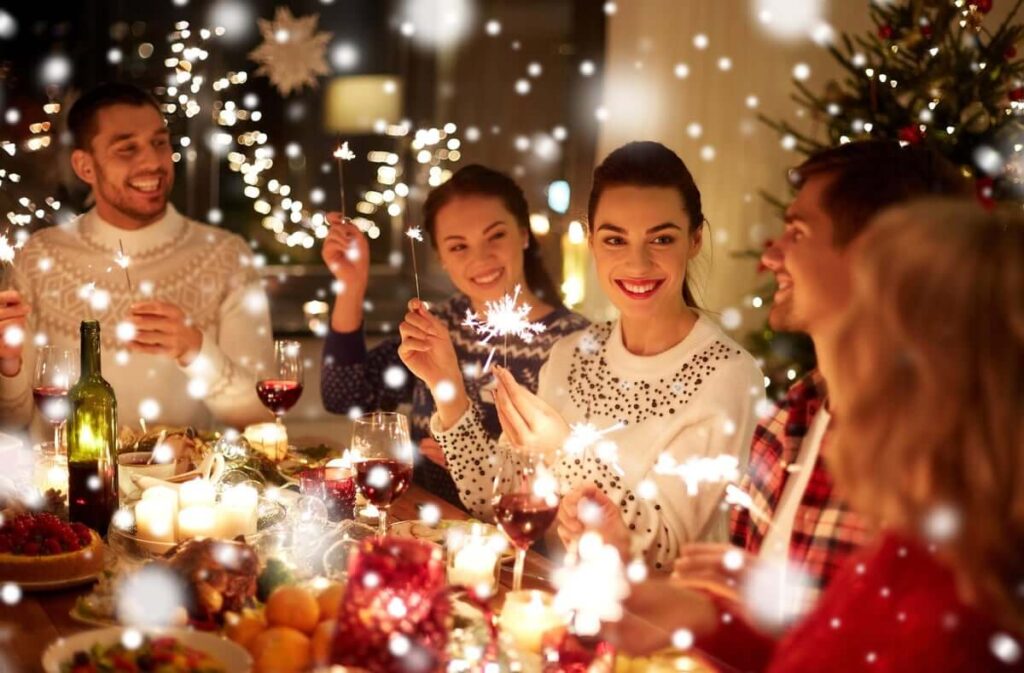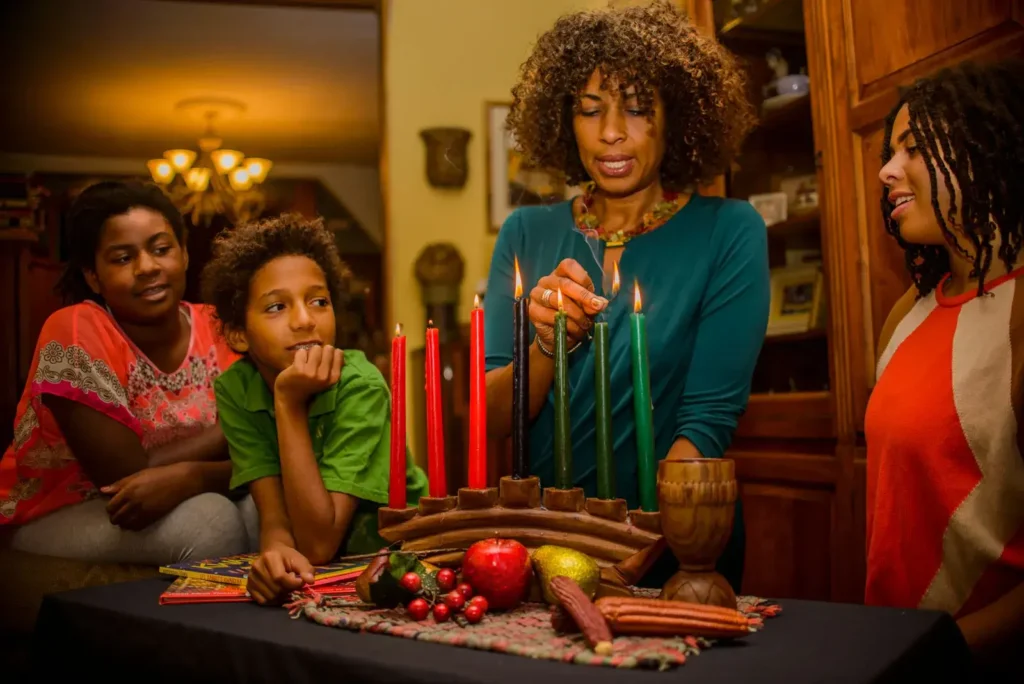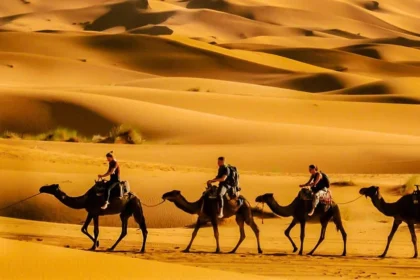The holiday season is a time of year that many look forward to with anticipation and joy. From the glimmering lights of Christmas to the colourful festivities of Diwali, seasonal holidays offer a rich tapestry of traditions and celebrations. This article explores the magic of seasonal holidays, the cultural significance behind them, and how they foster a sense of togetherness and joy across the globe.
Understanding the Holiday Season
The term “holiday season” typically refers to a specific time of year when various celebrations take place. For many cultures, this period starts in late November and extends through early January. It’s a time marked by a flurry of activities, including festive gatherings, special foods, and time spent with loved ones.
The holiday season is not just a single event but a collection of diverse celebrations that vary from culture to culture. These holidays are often rooted in deep historical, religious, or cultural traditions and provide a unique glimpse into the values and beliefs of different societies. For example, in the United States and much of the Western world, the holiday season prominently features Christmas and New Year’s celebrations, while in other parts of the world, other holidays such as Hanukkah, Kwanzaa, and Winter Solstice play a significant role.
The Magic of Holiday Seasonal Traditions
Holiday seasonal celebrations are characterized by unique customs and traditions that give each festivity its distinct flavour. Here’s a look at some of the most beloved seasonal holidays around the world and what makes them special:
Christmas: A Time of Joy and Generosity
Christmas celebrated on December 25th, is one of the most widely recognized holiday season events globally. Originating from Christian traditions, Christmas commemorates the birth of Jesus Christ. However, its appeal extends beyond religious boundaries. The season is characterized by decorations, gift-giving, and festive meals. Homes and public spaces are adorned with twinkling lights, evergreen trees, and ornaments. Traditional foods like roast turkey, Christmas pudding, and gingerbread cookies are enjoyed, and carolers spread cheer with their songs.

Hanukkah: A Festival of Lights
Hanukkah, or the Festival of Lights, is a Jewish holiday observed for eight nights and days, usually in December. It honours the rededication of Jerusalem’s Second Temple in the second century BCE. Central to Hanukkah is the lighting of the menorah, an eight-branched candelabrum. Each night, an additional candle is lit to symbolize the miracle of the oil that lasted eight days. Traditional foods include latkes (potato pancakes) and sufganiyot (jelly doughnuts), and games like dreidel are played.
Diwali: The Festival of Lights
In India and many other countries with Hindu populations, Diwali, also known as Deepavali, is a major festival within the seasonal holidays celebrated in October or November. Diwali, also called the Festival of Lights, celebrates the victory of good over evil and light over darkness. Homes are decorated with oil lamps and colourful rangoli (art made from coloured powders). The festival involves feasting on sweets, exchanging gifts, and participating in fireworks displays. Diwali’s spiritual significance is linked to various deities and myths, particularly the return of Lord Rama to Ayodhya.
Explore More: Enjoying the Joyful Festivals of Summer
Lunar New Year: Welcoming the New Year
Lunar New Year, celebrated in late January or early February, is a major highlight of the seasonal holidays and marks the beginning of the lunar calendar. It is a prominent festival in many East Asian countries, including China, Korea, and Vietnam. In the Chinese zodiac, a year is connected to one of the twelve animals. Festivities include family reunions, traditional foods like dumplings and rice cakes, and dragon and lion dances. Red decorations and fireworks are used to ward off evil spirits and bring good luck for the coming year.
Kwanzaa: Honoring African Heritage
Kwanzaa, celebrated from December 26th to January 1st, is an African-American cultural holiday within the seasonal holidays that focuses on the principles of unity, self-determination, and collective work. Created by Dr. Maulana Karenga in 1966, Kwanzaa is not a religious holiday but a celebration of African heritage and culture. Each of the seven days of Kwanzaa is dedicated to a specific principle, and the holiday is marked by lighting the kinara (a seven-branched candle holder), feasting, and storytelling.

The Impact of Seasonal Holidays on Communities
Seasonal holidays have a profound impact on communities, providing opportunities for reflection, gratitude, and celebration. They often bring people together, fostering a sense of unity and shared joy. During the holiday season, families and friends gather, communities organize events, and individuals engage in acts of kindness and generosity.
These celebrations also offer a chance to pause from the regular hustle and bustle of life, allowing people to focus on what truly matters—relationships, traditions, and cultural heritage. The holiday season encourages people to reflect on their values and share them with others, creating a ripple effect of goodwill and positive energy.
Conclusion
The holiday season is a vibrant and diverse tapestry of celebrations that transcend borders and cultures. From Christmas and Hanukkah to Diwali and Lunar New Year, these seasonal holidays offer a glimpse into the rich traditions and values of various communities. They bring people together, foster a sense of unity, and provide moments of joy and reflection. Embracing the beauty of holiday seasonal celebrations can enrich our understanding of different cultures and enhance our appreciation for the shared human experience of celebration and togetherness.








